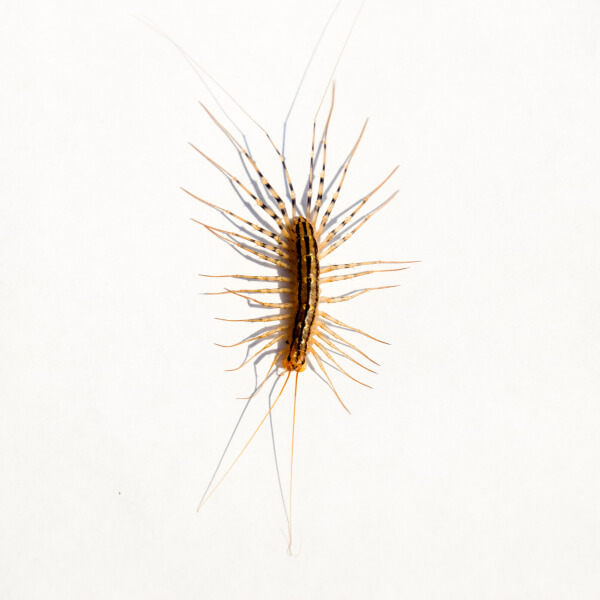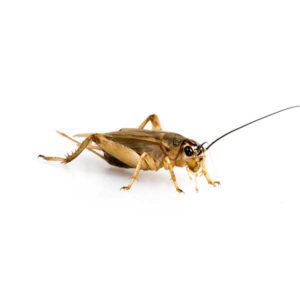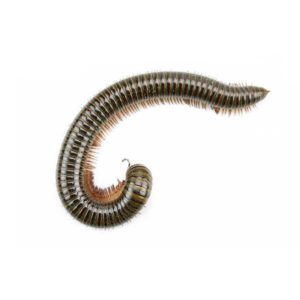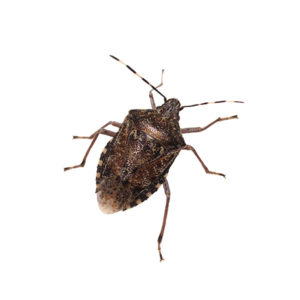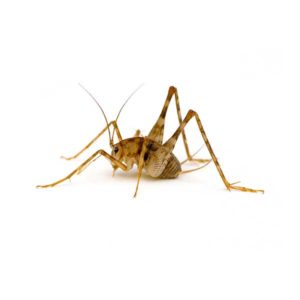House Centipedes in North Jersey
House centipedes are really only considered pests because of their fearsome appearance. As frightening as they appear with their fifteen pairs of long, slender legs, house centipedes are beneficial to have around, offering all-natural pest control to homeowners against things like cockroaches and spiders. Though house centipedes are found both indoor and outdoor areas here in New Jersey, accidentally finding one trapped in the sink or bathtub can be startling.
House Centipede Habitat
House centipedes are attracted to moisture. Outside, you can find them under stones, boards, sticks, or beneath leaf litter and other organic matter. In homes, house centipedes most often show up in moist cellars, damp closets, and bathrooms, where they feed on insects and spiders. When disturbed, centipedes move quickly toward darkened hiding places. If house centipedes are abundant, it may be a sign that there’s underlying moisture problem in the home that should be treated.
House Centipede Behaviors, Threats, or Dangers
House centipedes have poison claws hidden behind their head. They use these to poison and paralyze small insects. The weak jaws of the house centipede can penetrate human skin, but with difficulty. This makes house centipede bites relatively rare, although if you do get bit it can result in swelling and pain on the level of a bee sting. House centipedes are considered nuisance pests by some and good luck by others. If they come into your home or yard, it’s likely to look for food. They often don’t intend to come into your home, but if they find food nearby and there are cracks or crevices granting entry, they will come inside.
If you are dealing with house centipedes on your property, contact our residential pest control team.

